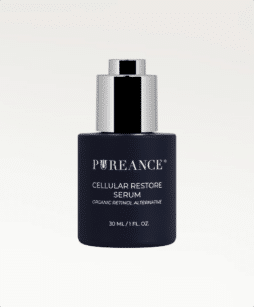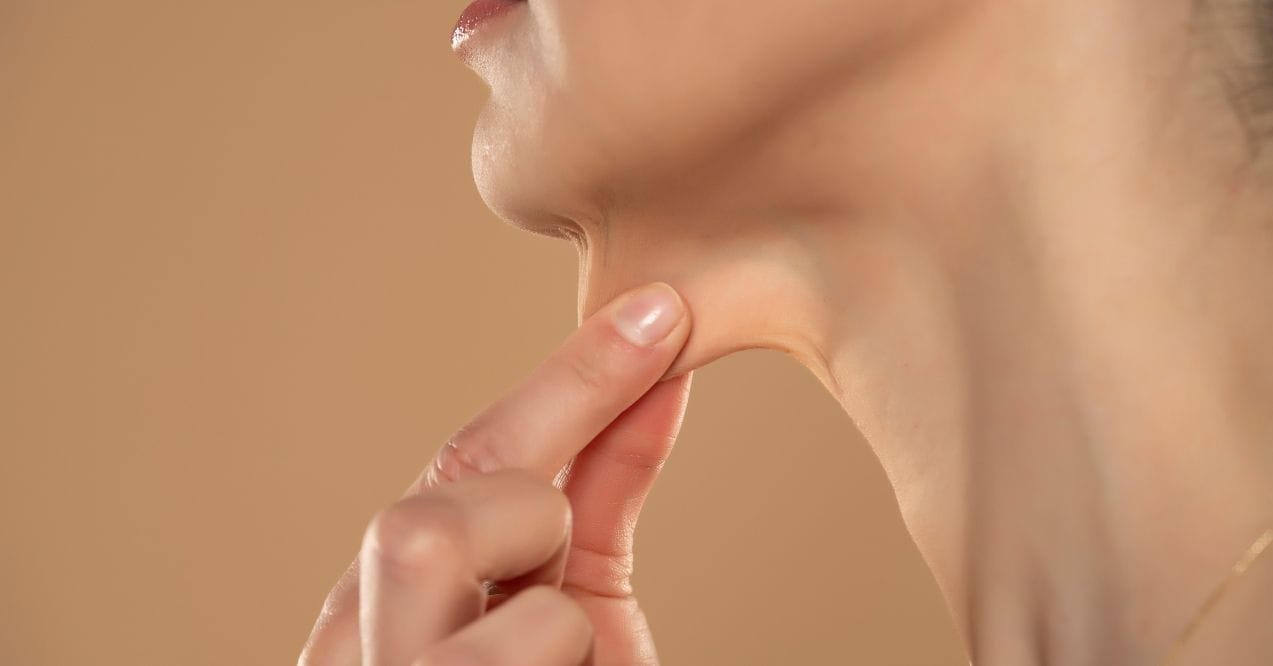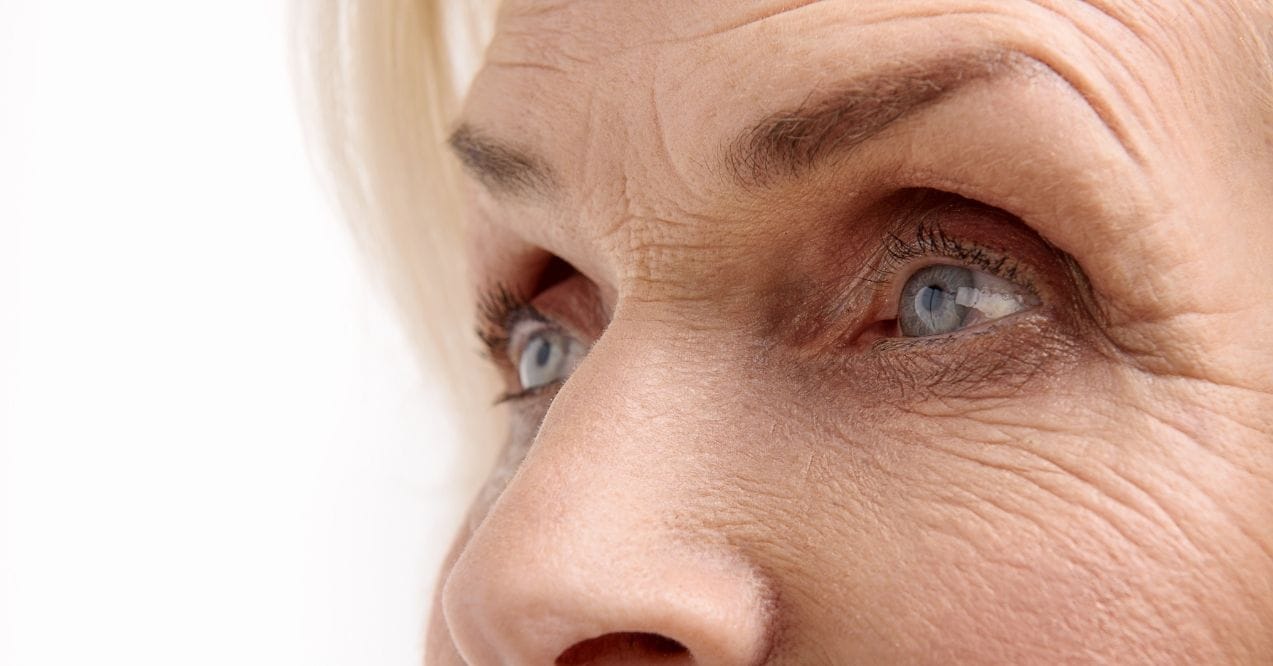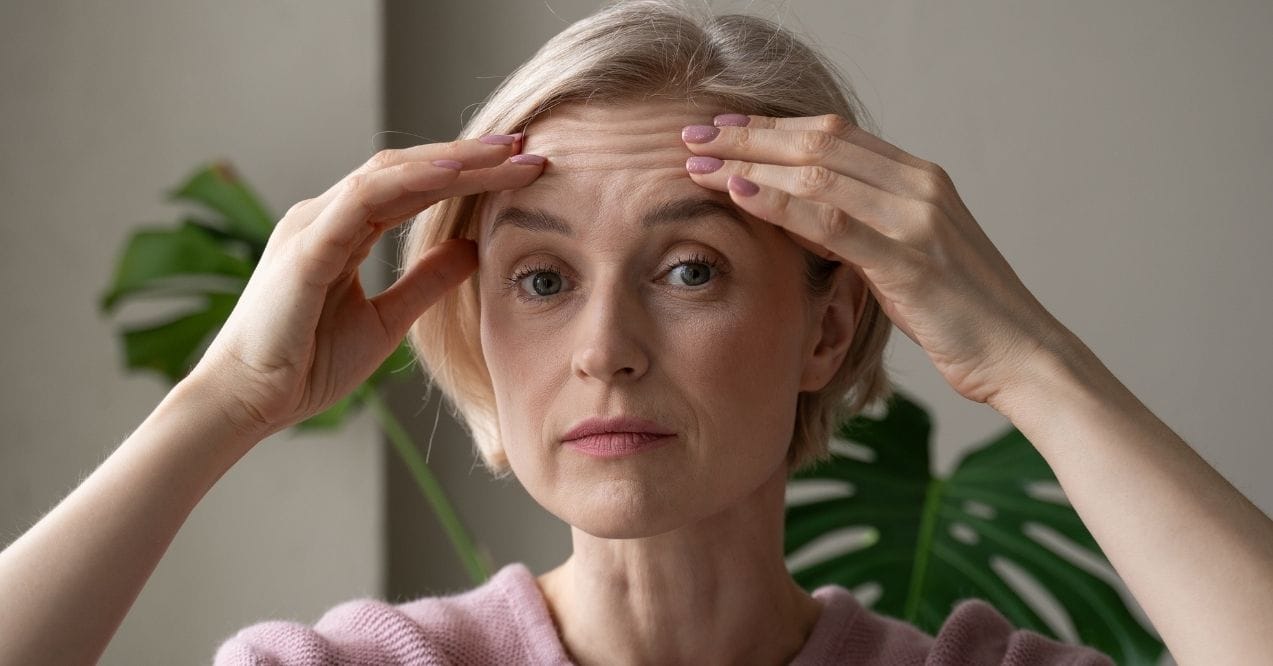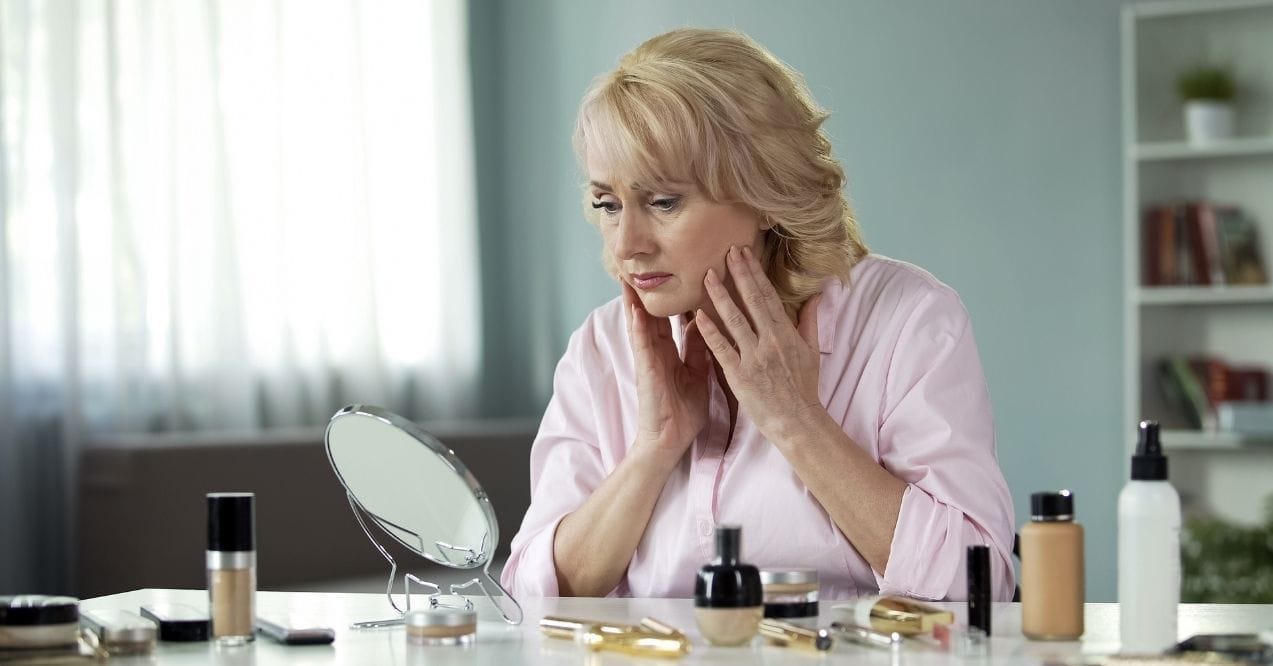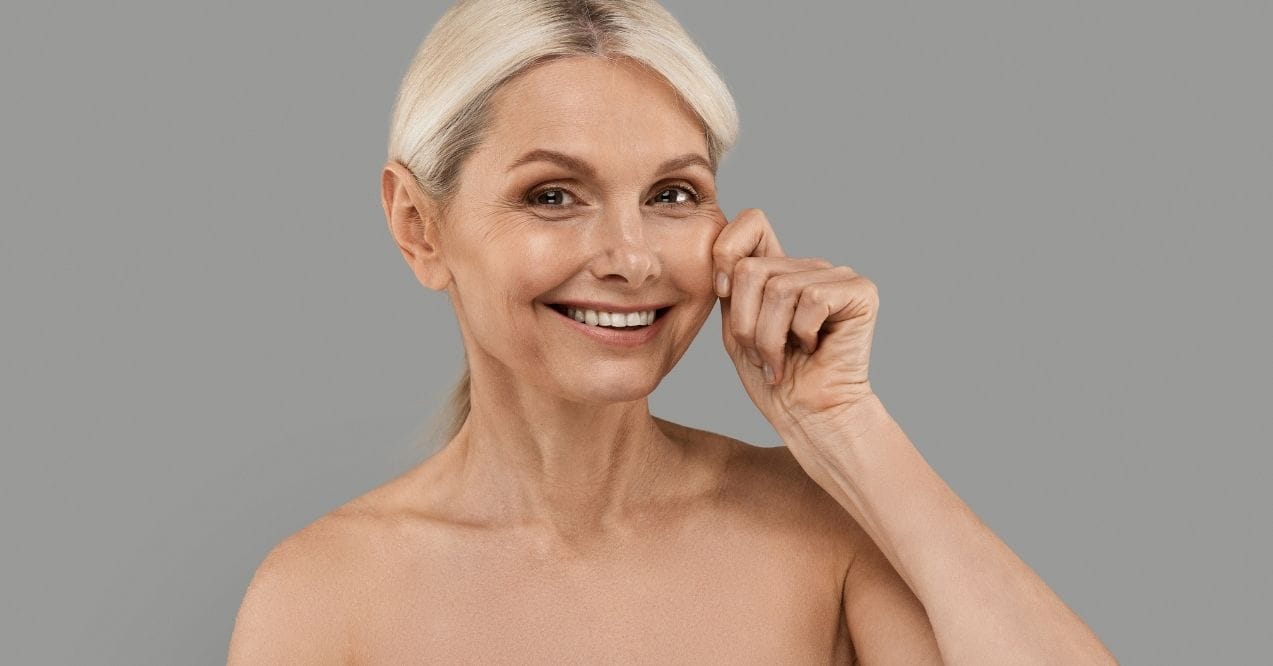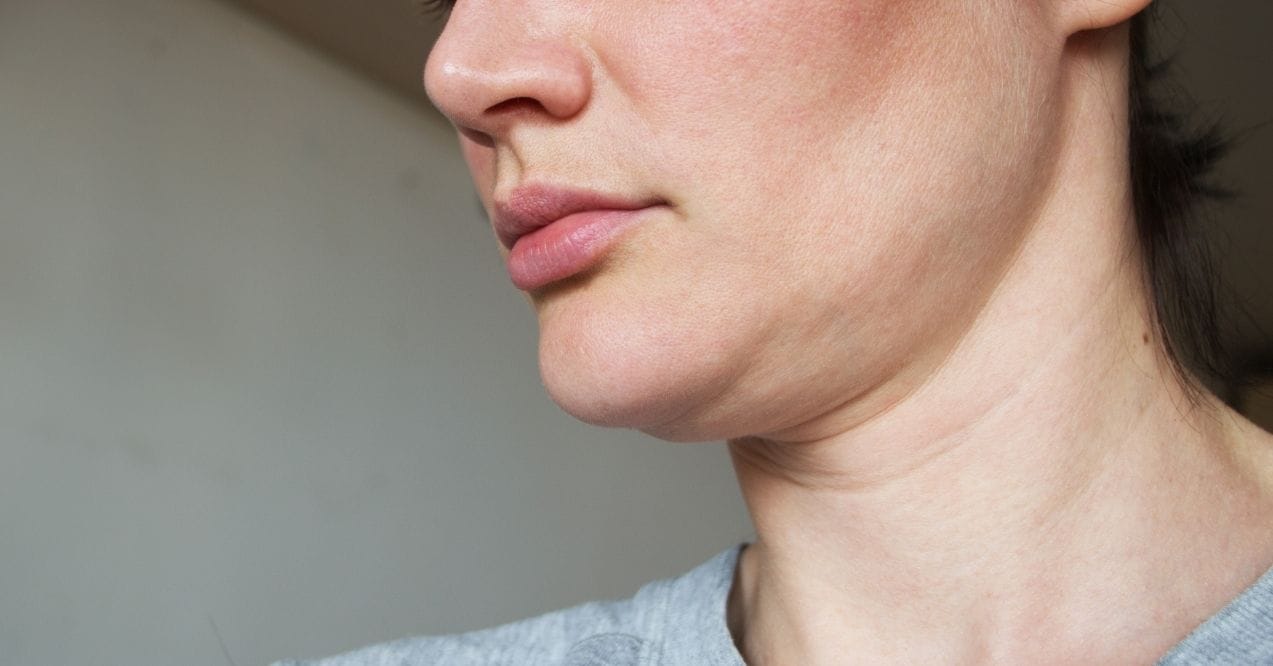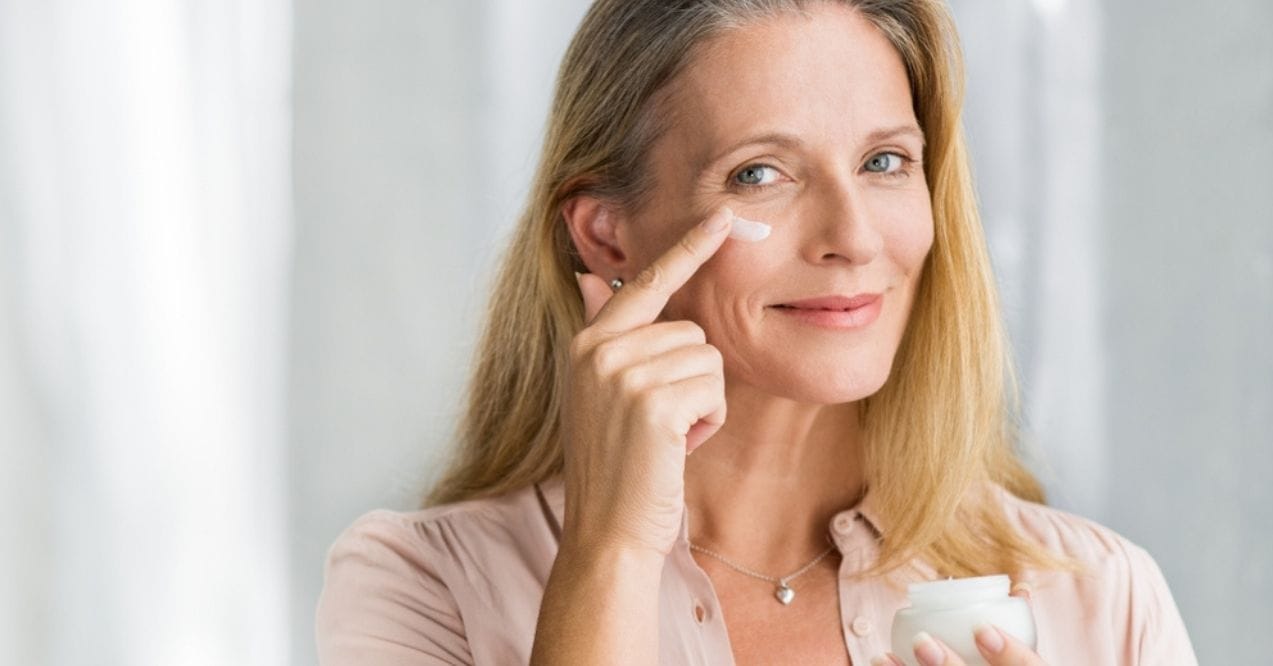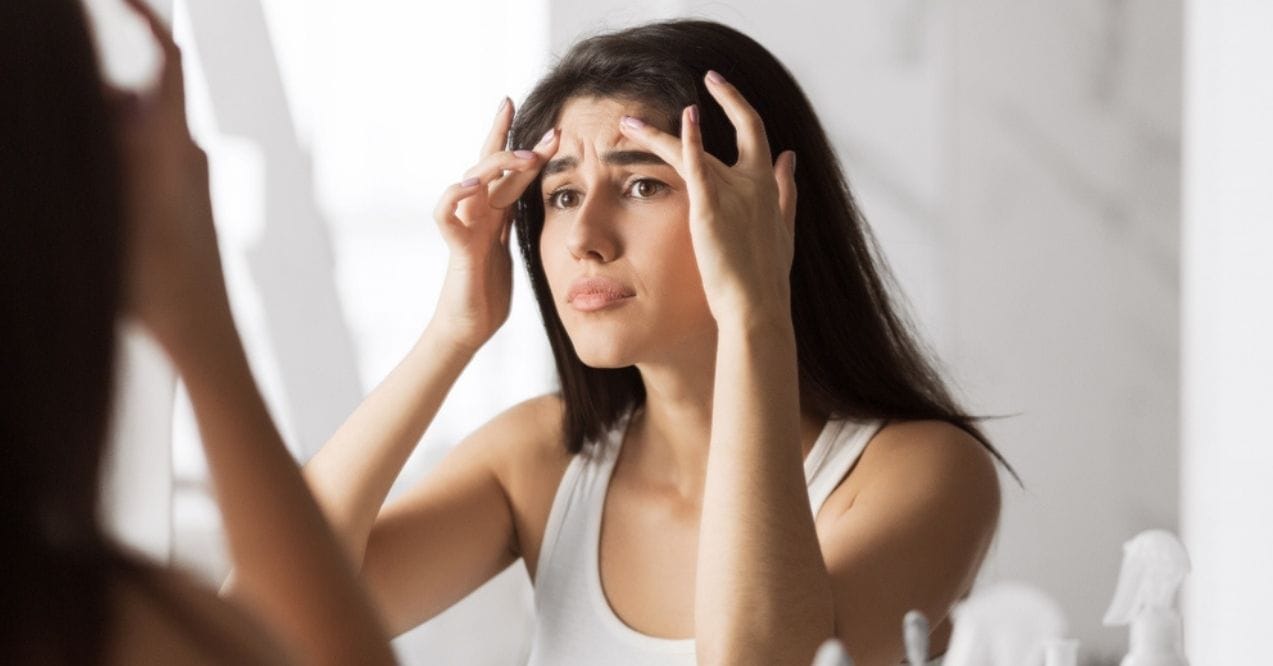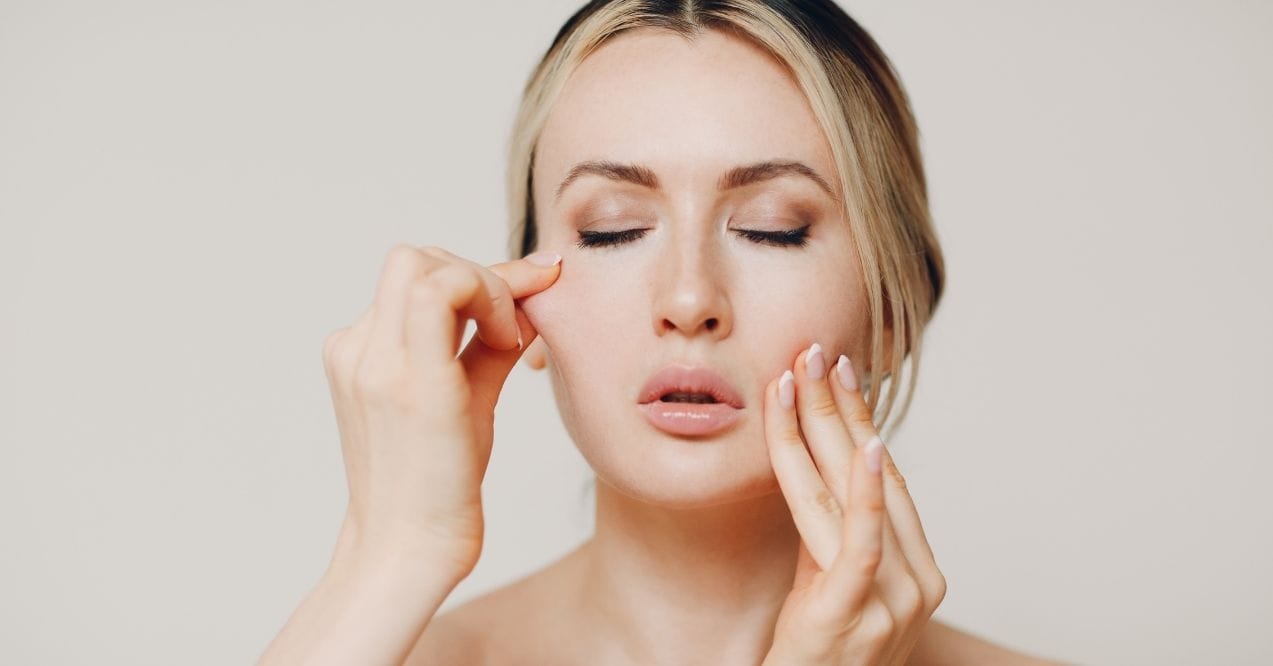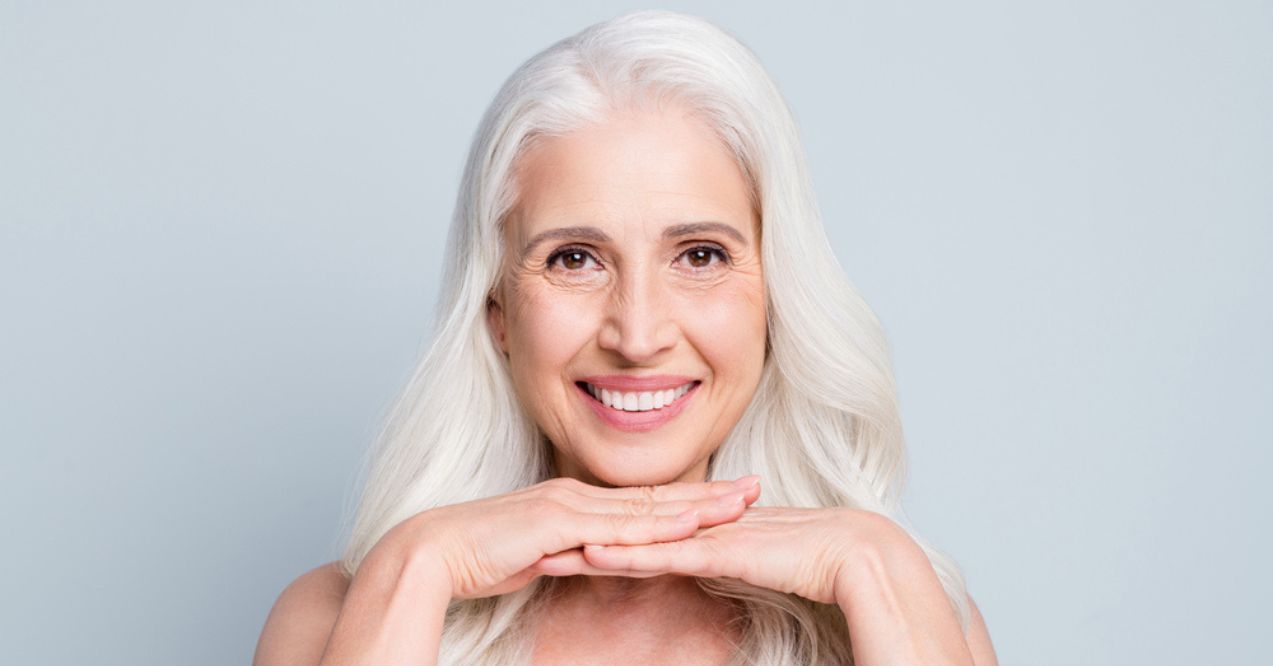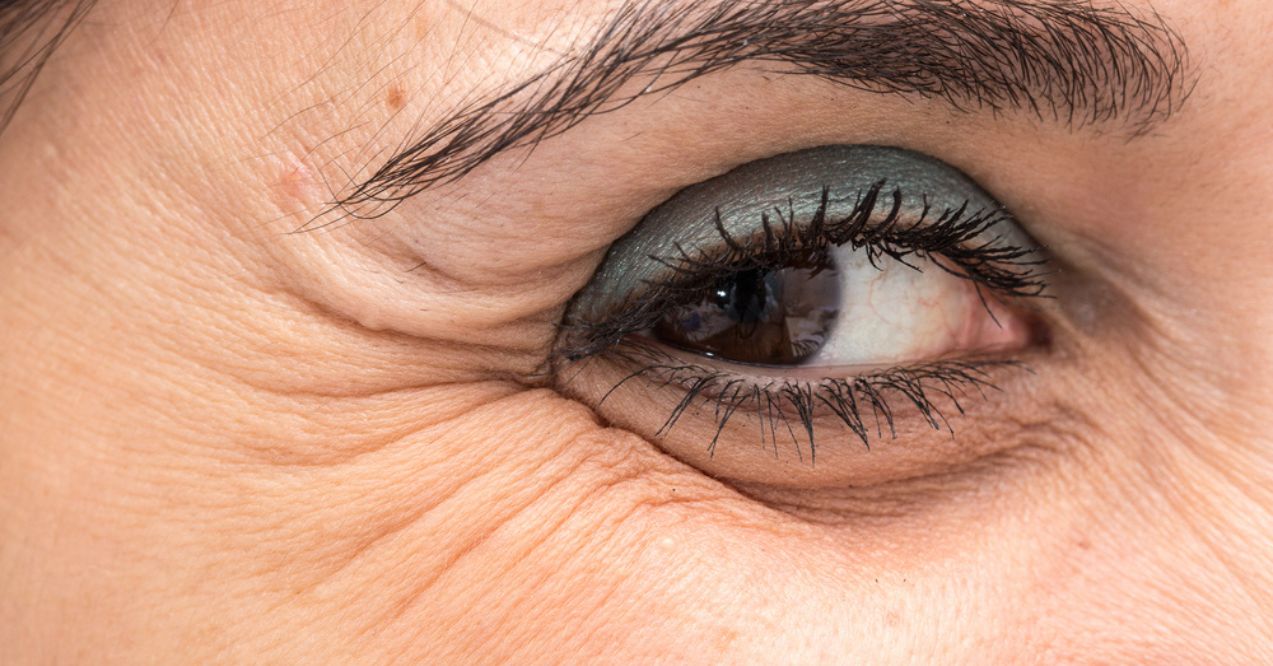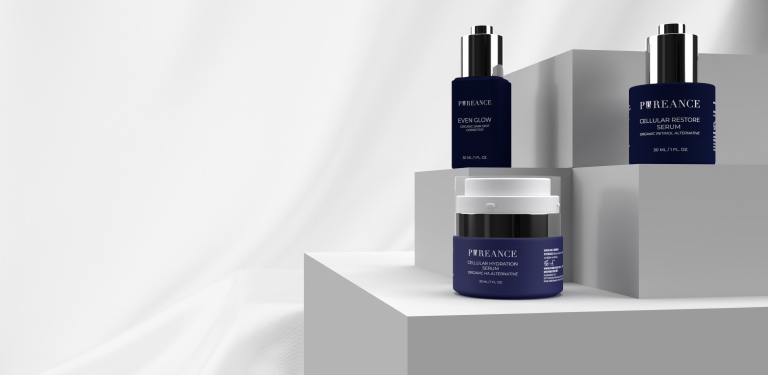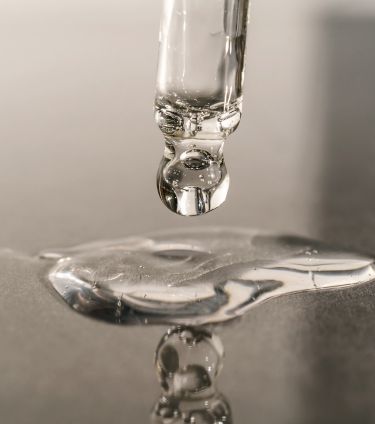
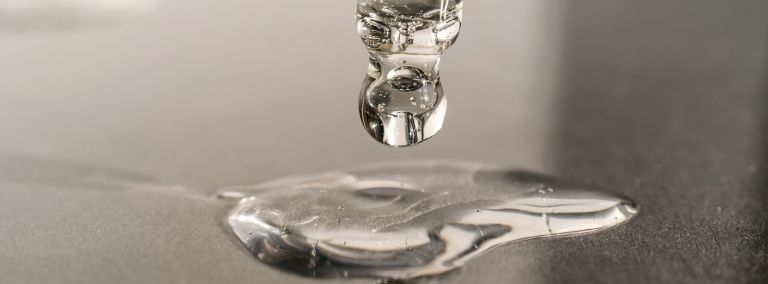

What Happens When You Stop Using Retinol?
Retinol has become a superhero in many beauty regimens! But now, here is a big-burning question — what happens when you stop using Retinol? It’s wonderful for fine lines, great for wrinkles, and effective for making your skin all-around smoother. Retinol has become widely popular due to its effective results on fine lines and wrinkles. Recent beauty trend advocates insist that Retinol is an absolute necessity for skin care.
So maybe you’re considering giving up your Retinol use, or perhaps you were just looking to see what might happen if you did. Here’s the lowdown for you. This article is going to dissect whether it is okay to stop Retinol use and delve into some common concerns.
Key Article Findings
- Retinol stimulates cell turnover, reduces wrinkles, and improves skin texture, but stopping its use can slow down these benefits.
- After discontinuing Retinol, incorporating antioxidant-rich vitamins C and E, hyaluronic acid, and sunscreen can help maintain skin health.
- Natural alternatives like rosehip seed oil, bakuchiol, and green tea extract offer gentler ways to achieve radiant skin without Retinol’s intensity.
Understanding Retinol and Its Effects on Skin
Now, before delving into what happens when you stop using Retinol, let’s get to know the magic it does. Retinol encourages skin renewal and helps in producing collagen. Often referred to as the powerhouse of age-defiance, it works on fine lines and textures. And with that out of the way, you probably know why Retinol is such a darling of skincare.
Retinol 101
Retinol stimulates cell turnover. It encourages the shedding of old, damaged skin cells and promotes the birth of new, vibrant ones. This cellular dance not only improves skin texture but also addresses various skin concerns. Scientifically speaking, Retinol activates specific receptors in the skin cells. It starts a cascade of events that ultimately contribute to a healthier complexion.
Retinol stimulates the production of collagen. Collagen is the most important protein in bestowing skin with its property of elasticity. It helps in controlling the level of melanin in such a way that the skin acquires a uniform tone. It has become a mainstay in skincare due to its cellular effect.
Benefits and Side Effects of Retinol Use
Understanding both the benefits and potential side effects of Retinol is important. It sets the stage for uncovering what happens when you decide to part ways with Retinol. Let’s begin with the benefits.
- Smoothen fine lines and wrinkles: Retinol presents a cell-renewing ability that smooths lines and wrinkles on the skin.
- Fades dark spots: It fights hyperpigmentation and dark spots.
- Warding off acne: Sebum is secreted under the control of Retinol, hence making it a very useful product to fight off the menace of acne.
On the other side of the coin, Retinol may cause the following side effects:
- Dryness and peeling: First use could make your skin even drier and peel as part of the adjustment process.
- Increase in sensitivity to the sun: Retinol makes the skin more sensitive to the sun; therefore, sun protection is wise.
The Retinol Journey
Retinol stands to be one of the treatments people seek while fighting the hands of time. It smoothens fine lines and helps reduce the appearance of wrinkles. For individuals who are plagued with acne, it can work as a great relief because it produces wonders in the regulation of secretions. The promise of an even skin tone and lighten dark spots also makes it quite an attractive option for those wishing to acquire radiant skin. Additionally, Retinol addresses texture concerns. So, it’s a versatile solution for various skincare goals.
However, the Retinol journey may not be an everlasting affair for everyone. Some individuals develop sensitivity or intolerance to Retinol over time. Pregnancy and specific medical conditions can also prompt individuals to halt Retinol.
What Happens When You Stop Using Retinol?
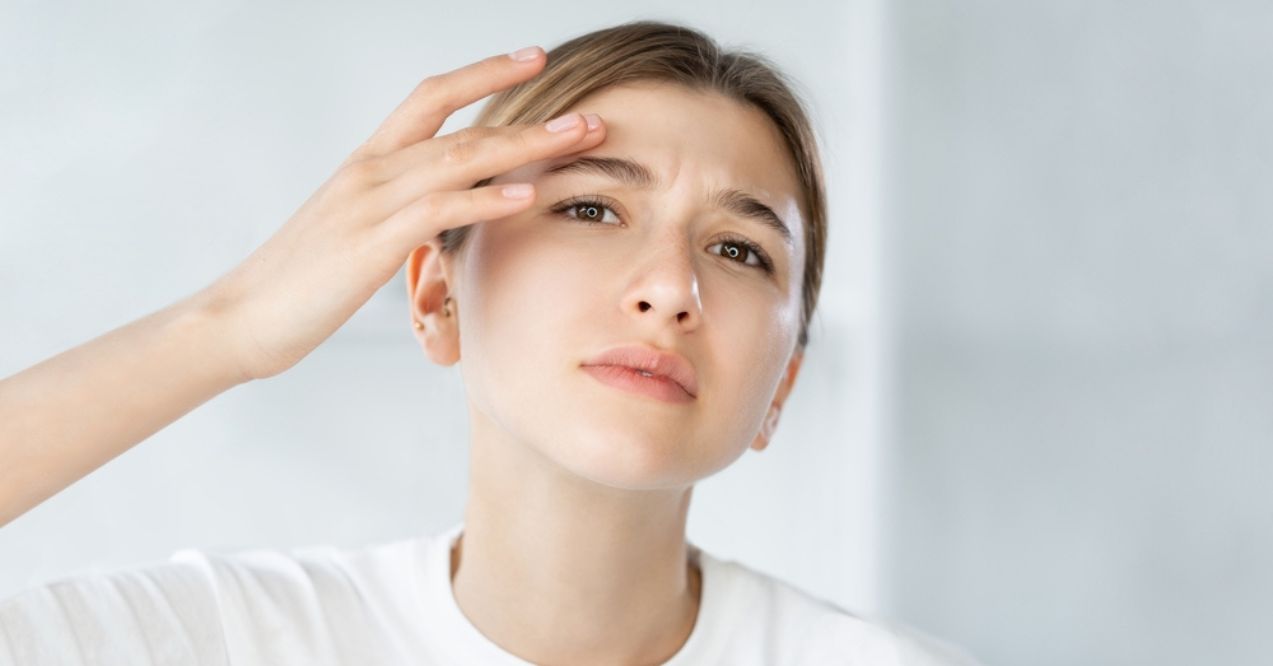
Can you stop using Retinol, and what happens if you stop using Retinol? These are concerns that need an in-depth explanation. Upon discontinuing Retinol, you may notice immediate changes in your skin. The enhanced cell turnover and exfoliation provided by Retinol could temporarily slow down. Then, you may see a decrease in the radiant, smooth complexion you’ve grown accustomed to.
Studies indicate that without the consistent use of Retinol, the positive changes it imparts may gradually reverse. These include reduced wrinkles and improved skin texture. The cellular renewal that contributes to these benefits slows down. These show the importance of sustained usage for long-term results.
The effects of Retinol withdrawal are reversible. Understanding the science behind these changes can help you navigate the transition effectively. Skincare professionals can provide personalized guidance. With their help, you face a smooth adjustment in your skincare routine.
Short-Term Skin Changes
There is a noticeable transition period once you decide to give the skin a break from Retinol. These may feel like setbacks, but they are part and parcel of making adaptations. The normal systems of renewal in the skin are turned on, but they run at a slightly different tempo. Immediately, you may notice:
- Diminished radiance: The enhanced exfoliation from Retinol contributes to radiant skin. You may see a temporary slowdown.
- Texture shifts: The smooth texture achieved through regular Retinol use? That might change slightly.
- Slight sensitivity: Your skin may exhibit a minor increase in sensitivity. That’s especially true if you’ve been accustomed to the exfoliating effects of Retinol.
Here are some tips to counter the effects of this adaptation:
- Give it time: Allow your skin the time it needs to readjust to its pre-Retinol state.
- Maintain hydration: Prioritize moisturization to counteract potential dryness or sensitivity.
- Gentle care: Opt for a gentler skincare routine during this transition, avoiding harsh exfoliants to let your skin find its equilibrium.
Long-Term Skin Behavior
As Retinol takes a backseat in your skincare routine, your skin embarks on a trip of deep change, eventually finding stability. Over time, your skin finds its natural rhythm of cell renewal, leading to a balanced state of exfoliation without the help of Retinol. The texture, once driven by this potent ingredient, slowly evolves to align with your baseline. Initial heightened sensitivity often lessens as your skin adapts to the absence of active exfoliation.
As your skincare routine continues without Retinol, your skin sets new norms. It becomes adept at managing its natural renewal processes, and any initial changes observed post-Retinol withdrawal stabilize. The key is to maintain consistency in your routine and adapt it to your skin’s evolving needs. This lengthy journey reveals sustained benefits such as radiance, balanced texture, and optimized sensitivity, ensuring resilient and adapted skin in the long run.
Managing Post-Retinol Skin Health
Still tackling the concern of what happens when you stop using Retinol? Let’s get into how you can handle after-Retinol skin conditions. After stopping Retinol, replenishing your skin becomes the focus. Integrate antioxidant-rich vitamins C and E into your regimen to combat free radicals and enhance brightness. Prioritize hydration with a moisturizer containing hyaluronic acid, ensuring a supple complexion. Uphold the non-negotiable practice of sunscreen use to protect against UV rays, preserving the gains made with Retinol.
Natural Alternatives to Retinol

If you’re on a quest for glowing skin minus the potential side effects linked to Retinol withdrawal, natural alternatives present a promising solution. These options harness botanical prowess to rejuvenate your skin without the intensity, ensuring a smoother transition free from negative short-term reactions.
Rosehip seed oil, rich in vitamin A, gives Retinol-like effects, promoting collagen production without the harshness. Bakuchiol, extracted from the babchi plant, has the gentleness and benefits of Retinol but is suitable even for sensitive skin. Green tea extract, a powerhouse of skin antioxidants, nurtures the skin against free radicals to restore youth. Embrace these botanical wonders for a joyous journey to radiant skin.
Conclusion
Understanding what happens when you stop using Retinol is essential for maintaining your skin’s health and appearance. While Retinol offers significant benefits like smoother texture and reduced wrinkles, its discontinuation may lead to temporary changes in skin radiance and texture.
However, by incorporating antioxidant-rich vitamins, hydration, and sun protection into your routine, and exploring natural alternatives such as rosehip seed oil and bakuchiol, you can continue to support your skin’s vitality and achieve a radiant complexion.
Yes, breaks from Retinol are common. Factors like sensitivity, pregnancy, or shifts in skincare priorities may prompt pauses.
Discontinuation might lead to a return of acne, especially if Retinol plays a role in sebum regulation.
Yes, your skin adjusts over time, finding stability in cellular renewal and texture after Retinol withdrawal.
While generally safe, excessive or inadequate use of Retinol can lead to dryness, sensitivity, and potential damage.
This site offers health, wellness, fitness and nutritional information and is designed for educational purposes only. You should not rely on this information as a substitute for, nor does it replace, professional medical advice, diagnosis, or treatment. If you have any concerns or questions about your health, you should always consult with a physician or other health-care professional. Do not disregard, avoid or delay obtaining medical or health related advice from your health-care professional because of something you may have read on this site. The use of any information provided on this site is solely at your own risk.
Nothing stated or posted on this site or available through any services are intended to be, and must not be taken to be, the practice of medical or counseling care. For purposes of this agreement, the practice of medicine and counseling includes, without limitation, psychiatry, psychology, psychotherapy, or providing health care treatment, instructions, diagnosis, prognosis or advice.
